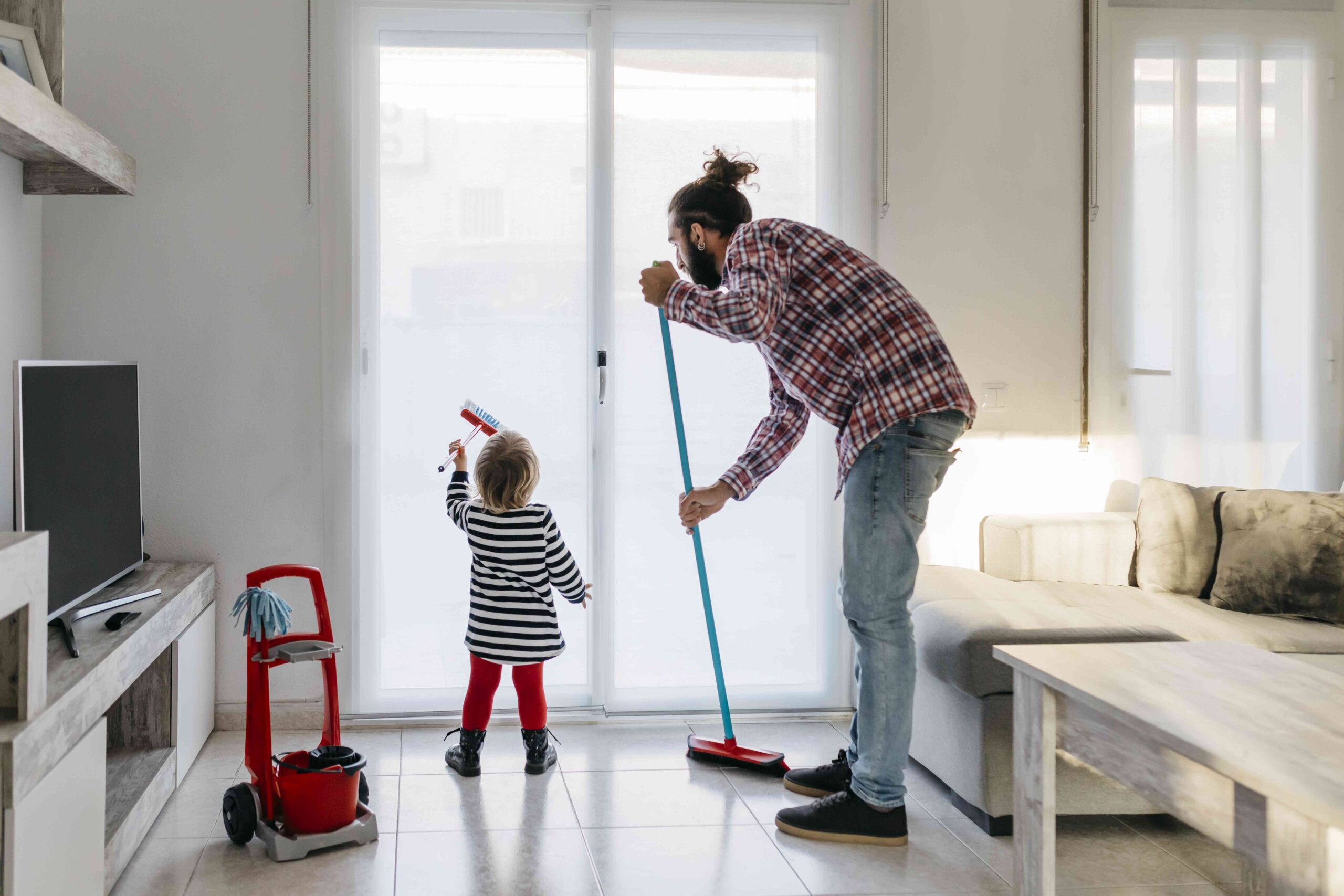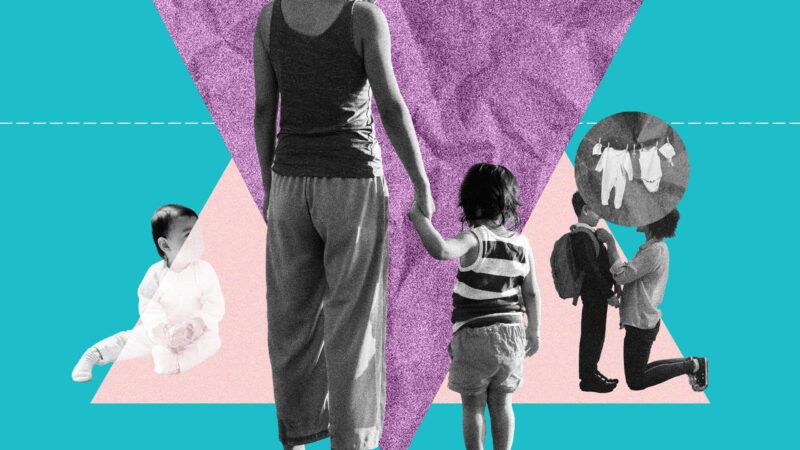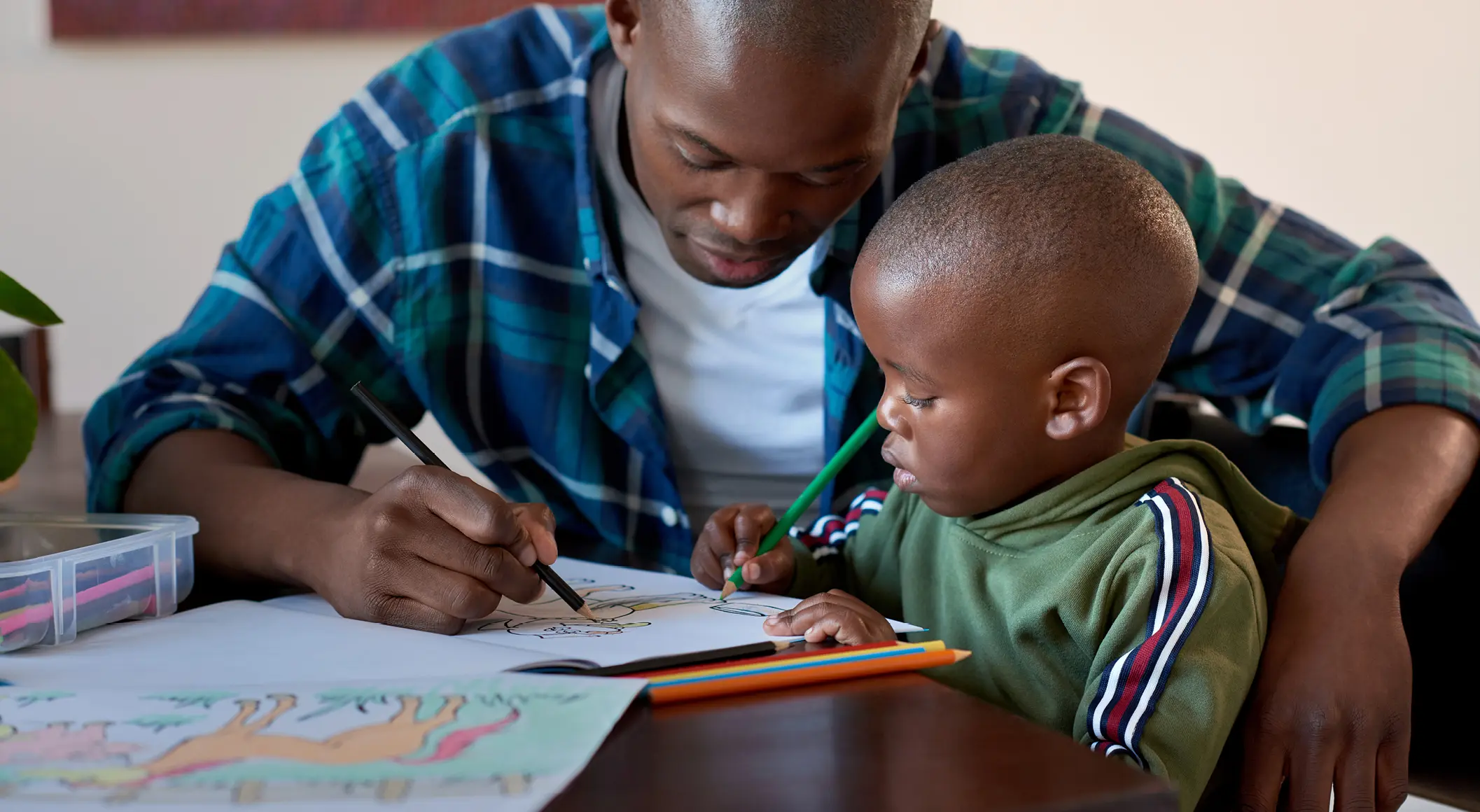In the contemporary landscape of British families, the dynamics of gender roles are undergoing a profound transformation. Traditionally, gender roles within families were delineated along stereotypical lines, with predefined expectations of men as breadwinners and women as homemakers. However, societal changes, evolving cultural norms, and movements advocating gender equality have challenged these conventional roles, paving the way for a more egalitarian and harmonious approach within British households.
Shifting Dynamics in Gender Roles

The evolution of gender roles in British families is emblematic of broader societal changes. Women’s increased participation in the workforce, advancements in gender equality legislation, and shifting cultural attitudes have contributed to a departure from rigid gender norms. Men and women are now more inclined to share responsibilities both inside and outside the home, dismantling the traditional boundaries that confined their roles.
Equal Partnership in Household Responsibilities
One of the pivotal shifts in British families is the move towards equal sharing of household responsibilities. Couples are increasingly embracing a partnership model where tasks related to childcare, household chores, and caregiving are shared equitably between partners, regardless of gender. This redistribution of responsibilities allows for a more balanced allocation of duties, fostering a sense of shared ownership and collaboration within the family unit.
Balancing Work and Family Life
Achieving a balance between work and family life has become a priority for modern British families. Both men and women aspire to maintain fulfilling careers while actively participating in family life. Flexible work arrangements, such as remote work options or flexible hours, have emerged to accommodate these aspirations, enabling parents to actively engage in caregiving duties while pursuing professional goals.
Encouraging Gender-Neutral Parenting

Another notable trend in redefining gender roles is the encouragement of gender-neutral parenting. Parents are increasingly challenging traditional gender stereotypes by providing children with equal opportunities to explore diverse interests and activities, irrespective of societal gender norms. This approach aims to foster a more inclusive environment that nurtures children’s individuality and allows them to express themselves authentically.
Challenges and Progress in Redefining Gender Roles
Despite significant progress, challenges persist in the journey towards achieving gender equality and harmony within British families. Deeply entrenched societal expectations, unconscious biases, and lingering stereotypes continue to influence perceptions of gender roles. Achieving a complete transformation requires ongoing efforts in education, advocacy, and policy changes to address these ingrained societal norms.
Moreover, achieving gender equality is not solely the responsibility of individual families; it necessitates broader societal support. Encouraging workplace policies that promote parental leave, affordable childcare options, and equitable career opportunities for men and women are integral components in fostering gender equality within families.
The Importance of Education and Advocacy
Education plays a pivotal role in reshaping perceptions of gender roles. Promoting gender equality in educational institutions, teaching children about gender diversity and inclusivity, and challenging stereotypes through comprehensive education are crucial steps towards creating a more equitable society.
Advocacy and awareness campaigns aimed at promoting gender equality and challenging societal norms are equally vital. Platforms that advocate for gender parity, address gender-based discrimination, and highlight the benefits of equality within families play a significant role in catalyzing societal change.
Family Visas and Multicultural Dynamics

In the landscape of British families, multiculturalism is increasingly prevalent, with many families consisting of individuals from diverse cultural backgrounds. In these instances, family visas hold particular significance as they facilitate the unity and cohesion of families spanning different countries and cultures.
According to Imperial & Legal, family visas play a pivotal role in bringing together spouses, children, and other family members from different parts of the world, enabling them to reunite and build a life together in the UK. These visas cater not only to traditional nuclear families but also encompass extended families, same-sex partnerships, and blended families, contributing to the rich tapestry of British society.
Impact on Gender Roles and Family Dynamics
The acquisition of family visas can significantly impact gender roles and family dynamics within multicultural households. In some cultural contexts, traditional gender roles might differ from those prevalent in the UK. The integration of individuals from diverse backgrounds can lead to a blend of cultural values and practices, necessitating a renegotiation and redefinition of traditional gender roles within these families.
Family visas become a conduit for the exchange of cultural norms and perspectives, fostering an environment where individuals can share and learn from each other’s cultural heritage. In these multicultural households, the redefining of gender roles may encompass an amalgamation of different cultural practices, ultimately contributing to a more diverse and inclusive understanding of familial responsibilities and gender expectations.
Challenges and Adaptations in Multicultural Families
Multicultural families often navigate unique challenges in terms of assimilation, cultural adaptation, and the negotiation of differing gender norms. Adjusting to a new cultural environment while preserving one’s cultural identity can be complex, particularly concerning traditional gender roles.
In these scenarios, family members may grapple with reconciling divergent cultural expectations regarding gender roles and familial responsibilities. Balancing the influences of different cultural backgrounds, adapting to new societal norms, and fostering mutual understanding within the family becomes paramount in ensuring harmony and equality.
Supporting Multicultural Families

Supporting multicultural families in their journey towards harmonizing gender roles involves offering resources, guidance, and platforms that cater to their diverse needs. Cultural competency programs, support networks, and community initiatives aimed at fostering understanding and inclusivity can greatly benefit these families in navigating the intricacies of multiculturalism while redefining gender roles within their households.
Furthermore, policymakers and support organizations play a crucial role in providing services that address the unique needs of multicultural families, including access to information, language support, and culturally sensitive counseling services. Creating an inclusive environment that acknowledges and respects diverse cultural values is pivotal in promoting equality and harmony within these families.
Conclusion: Embracing Diversity for Equitable Families
In conclusion, family visas play an essential role in the formation and sustainability of multicultural households, contributing to the diversity and inclusivity of British society. As families from varied cultural backgrounds come together, the redefinition of gender roles becomes an intercultural exchange that shapes new understandings and practices within the family unit.
By supporting multicultural families, embracing diversity, and fostering cultural exchange, British society moves towards a more equitable and harmonious landscape where different cultural values coexist, contributing to the ongoing evolution of gender roles within families. Ultimately, the celebration of diversity and the promotion of equality stand as cornerstones in creating cohesive and thriving multicultural households within the UK.

